DAOs Explained: MakerDAO, Uniswap DAO & The Future of Digital Governance
By CapitalKeeper | Pre Market Opening | Indian Equities | Market Moves That Matter
Discover how Decentralized Autonomous Organizations (DAOs) are reshaping finance and governance. Learn from case studies on MakerDAO, Uniswap DAO, and community-driven finance, plus insights on benefits, risks, and the global future of digital governance.
DAOs Explained: The Future of Digital Governance
Case studies on MakerDAO, Uniswap DAO, and community-driven finance
Introduction
The world of blockchain and decentralized finance (DeFi) has seen explosive innovation in recent years, and one of the most groundbreaking concepts to emerge is the DAO – Decentralized Autonomous Organization. DAOs represent a shift from centralized corporate structures to community-driven governance, where decision-making is distributed among token holders instead of a board of directors or executives.
In 2025, DAOs are not just an experimental concept—they are actively managing billions of dollars, influencing financial ecosystems, and shaping the future of decentralized governance. Projects like MakerDAO, Uniswap DAO, and many others highlight how this model is transforming both finance and organizational decision-making.
This blog breaks down what DAOs are, how they work, their benefits and risks, and presents real-world case studies that show why they matter for the future of digital governance.
What is a DAO?
A DAO (Decentralized Autonomous Organization) is a blockchain-based entity governed by smart contracts and its members rather than a centralized authority.
Key features of DAOs include:
- Decentralization: No single party controls decisions; instead, token holders vote.
- Autonomy: Rules are encoded in smart contracts that automatically execute outcomes.
- Transparency: All decisions, transactions, and rules are visible on the blockchain.
- Incentives: Members are rewarded for participation through tokens or governance rights.
Simply put, DAOs replace traditional hierarchies with community-driven consensus mechanisms.
Why DAOs Matter in 2025
By 2025, DAOs are managing treasuries worth billions across DeFi, NFTs, and Web3. Their importance lies in:
- Financial Inclusion: Anyone with internet access and governance tokens can participate in decision-making.
- Efficiency: Smart contracts automate governance processes, reducing bureaucracy.
- Community Ownership: DAOs empower users to shape the future of the platforms they use.
- Global Collaboration: Boundaries of geography and regulation are blurred as communities coordinate digitally.
But DAOs are not without risks—issues like governance attacks, voter apathy, and unclear regulations are still challenges.
Case Study 1: MakerDAO – The Pioneer of Decentralized Finance
Overview:
MakerDAO is one of the earliest and most successful DAOs, managing the DAI stablecoin, which is pegged to the U.S. dollar. MakerDAO operates on Ethereum and has become a backbone of the DeFi ecosystem.
Governance:
- MakerDAO token holders (MKR) vote on risk parameters, collateral types, and protocol upgrades.
- Decisions such as interest rates (stability fees) and collateral assets (ETH, USDC, etc.) are community-driven.
Impact:
- MakerDAO has played a key role in bringing stability to DeFi through DAI.
- It has a treasury in the billions, making it one of the largest DAOs in the world.
- It demonstrates how decentralized governance can sustain a stable financial product.
Challenges:
- In 2020’s “Black Thursday,” MakerDAO faced liquidation crises due to extreme ETH volatility.
- Governance debates on centralization vs decentralization still persist.
Case Study 2: Uniswap DAO – Governance of the World’s Largest DEX
Overview:
Uniswap is the leading decentralized exchange (DEX), facilitating billions in daily crypto trading volume. In 2020, the protocol launched its governance token UNI, forming Uniswap DAO.
Governance:
- UNI holders vote on proposals regarding liquidity incentives, fee structures, and treasury usage.
- Community members can create and vote on governance proposals, with results implemented on-chain.
Impact:
- Uniswap DAO manages one of the largest treasuries in DeFi, valued at over $2 billion.
- It serves as a model for how decentralized exchanges can be managed without a centralized board.
- Decisions about protocol upgrades, layer-2 scaling, and partnerships are made by the DAO.
Challenges:
- Low voter turnout and concentration of voting power among large token holders (whales) remain issues.
- The DAO’s treasury usage has sparked debates around whether funds are used effectively.
Case Study 3: Community-Driven Finance – Grassroots DAOs
Beyond the large players, smaller community-driven DAOs are redefining how groups organize finance.
Examples include:
- Friends with Benefits (FWB): A social DAO where tokens grant membership to a private online community.
- Bankless DAO: Focused on spreading crypto education and onboarding new users into DeFi.
- ConstitutionDAO (2021): Famously attempted to buy a copy of the U.S. Constitution via crowdfunding.
Impact:
- These DAOs showcase how collective ownership and purpose-driven governance can fund creative projects.
- Community DAOs are testing new models of digital democracy, social organization, and collective finance.
Benefits of DAOs
- Transparency: Everything is auditable on-chain.
- Democratization: Token holders directly influence outcomes.
- Efficiency: Smart contracts automate governance.
- Resilience: Decentralized models reduce reliance on single points of failure.
Risks of DAOs
- Regulatory Uncertainty: Governments are still figuring out how to classify DAOs legally.
- Voter Apathy: Low turnout weakens decentralization.
- Concentration of Power: Whales with large token holdings can dominate votes.
- Security Threats: Smart contract vulnerabilities can lead to treasury exploits.
DAOs and the Future of Digital Governance
In many ways, DAOs represent a new era of internet-native governance. Just as corporations defined the industrial era, DAOs may define the decentralized digital era. By combining blockchain, governance tokens, and community-driven voting, DAOs could become the foundation of:
- Decentralized financial institutions (DeFi 2.0).
- Digital nation-states and online communities.
- Collaborative projects spanning across borders.
Regulatory frameworks like Europe’s MiCA or U.S. legislation will eventually define how DAOs fit into the legal landscape. But the momentum is undeniable: DAOs are not just a trend—they are a structural shift in governance.
Conclusion
DAOs have evolved from niche experiments to multi-billion-dollar governance systems at the heart of DeFi and Web3. MakerDAO shows how DAOs can manage stablecoins and risk frameworks, Uniswap DAO proves community governance can drive a massive trading platform, and smaller DAOs highlight the power of grassroots organization.
The road ahead is not without challenges, but the promise of transparent, decentralized, and community-driven governance makes DAOs one of the most exciting innovations in finance.
As we move into the second half of the 2020s, DAOs may not just complement traditional organizations—they may redefine governance itself.
📌 For daily trade setups, technical learning, and smart investing tips, stay tuned to CapitalKeeper.in
📌 For more real-time updates, trade setups, and investment insights — follow us on [Telegram] and [WhatsApp Channel] subscribe to our newsletter!

Subscribe Now , Join Telegram the Crypto Capital Club, Get Free Crypto Updates
📌 Disclaimer
The content provided on CapitalKeeper.in is for informational and educational purposes only and does not constitute investment, trading, or financial advice. While we strive to present accurate and up-to-date market data and analysis, we make no warranties or representations regarding the completeness, reliability, or accuracy of the information.
Stock market investments are subject to market risks, and readers/investors are advised to conduct their own due diligence or consult a SEBI-registered financial advisor before making any investment decisions. CapitalKeeper and its authors are not liable for any loss or damage, direct or indirect, arising from the use of this information.
All views and opinions expressed are personal and do not reflect the official policy or position of any agency or organization. Past performance is not indicative of future results.By using this website, you agree to the terms of this disclaimer.
Ranjit Sahoo
Founder & Chief Editor – CapitalKeeper.in
Ranjit Sahoo is the visionary behind CapitalKeeper.in, a leading platform for real-time market insights, technical analysis, and investment strategies. With a strong focus on Nifty, Bank Nifty, sector trends, and commodities, she delivers in-depth research that helps traders and investors make informed decisions.
Passionate about financial literacy, Ranjit blends technical precision with market storytelling, ensuring even complex concepts are accessible to readers of all levels. Her work covers pre-market analysis, intraday strategies, thematic investing, and long-term portfolio trends.
When he’s not decoding charts, Ranjit enjoys exploring coastal getaways and keeping an eye on emerging business themes.
📌 Follow Ranjit on:
LinkedIn | Twitter/X | Instagram | ✉️ contact@capitalkeeper.in
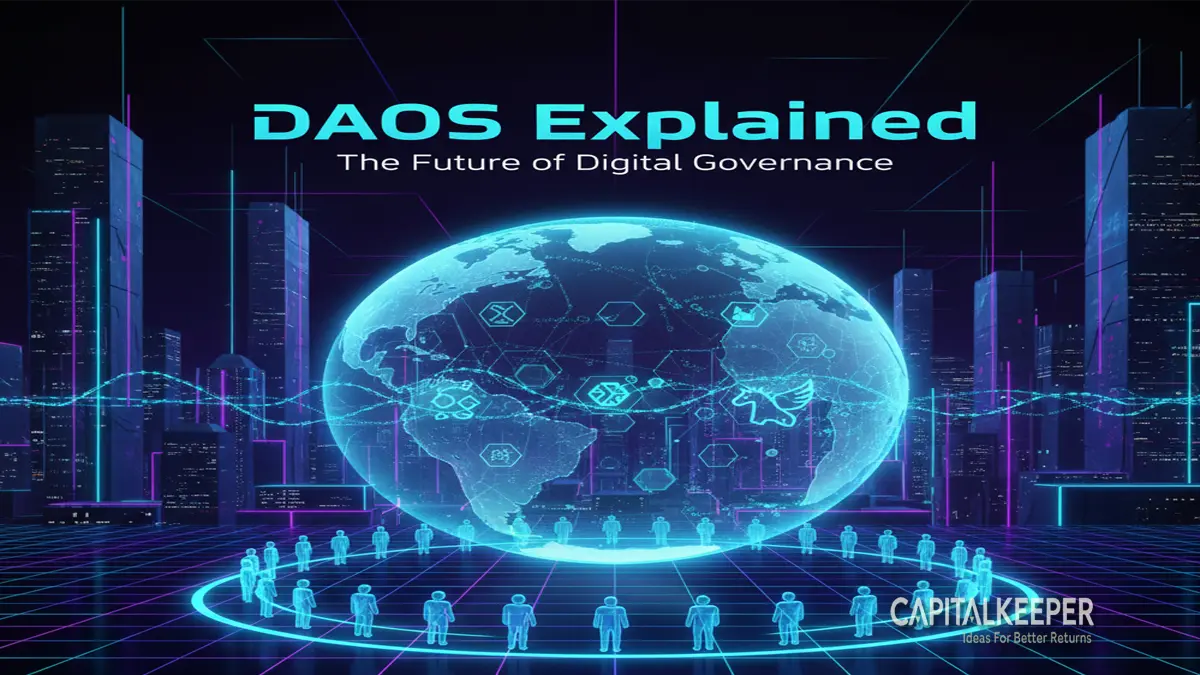

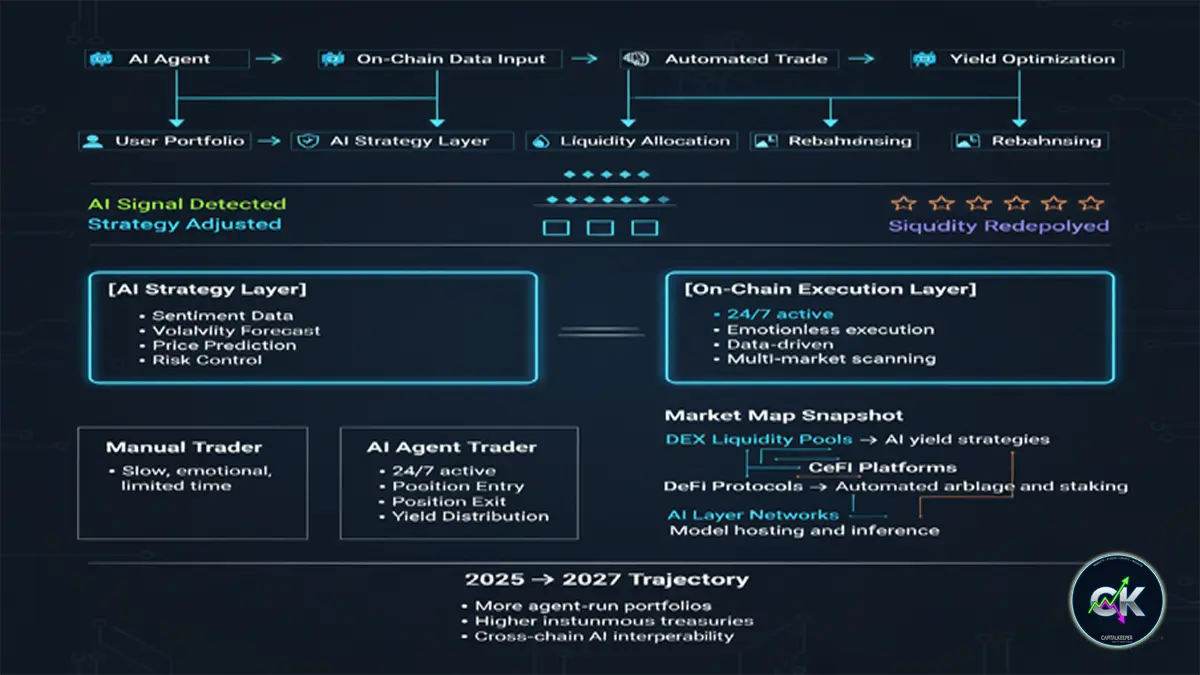
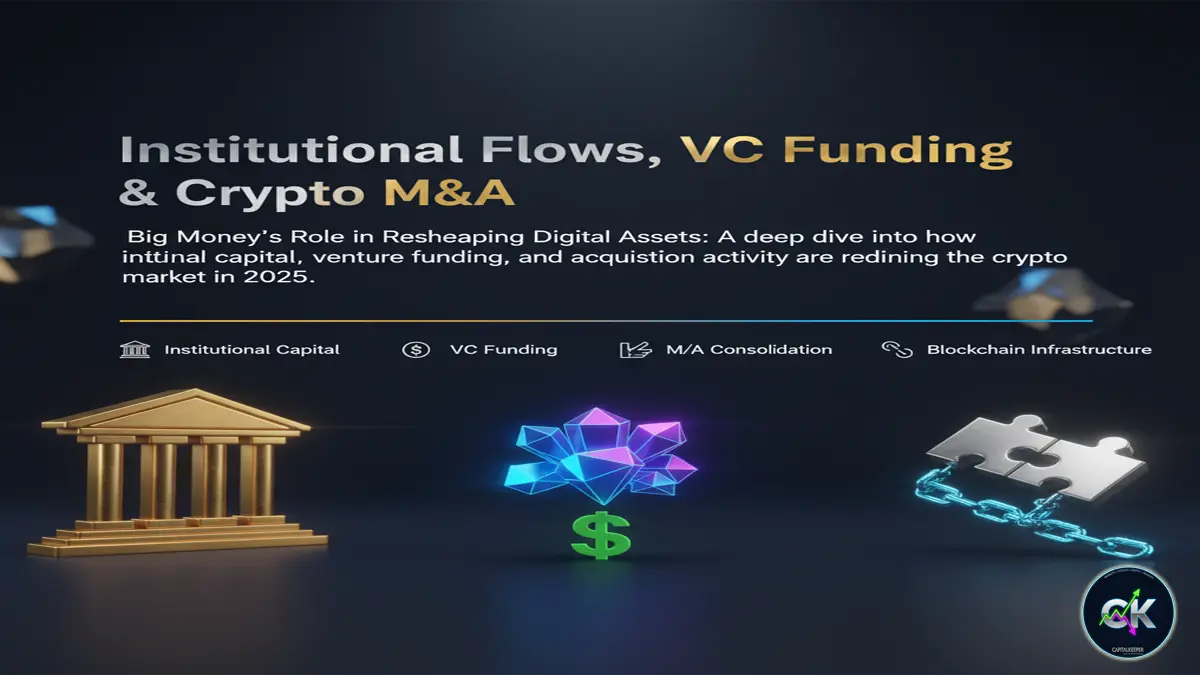
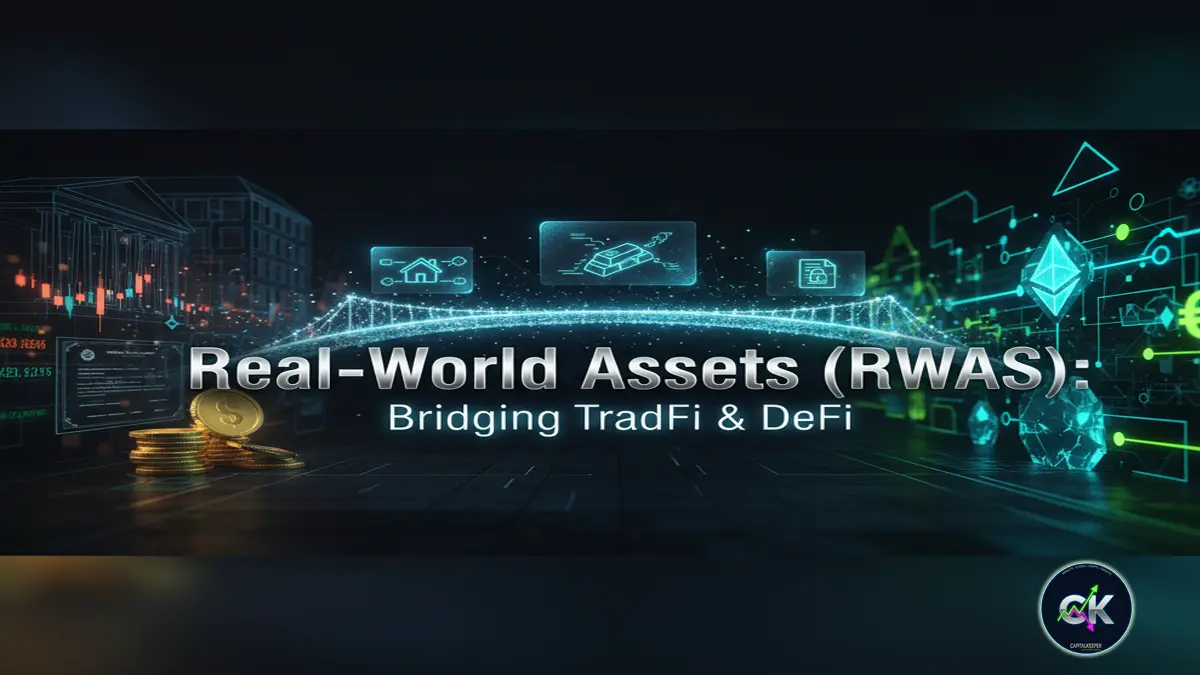
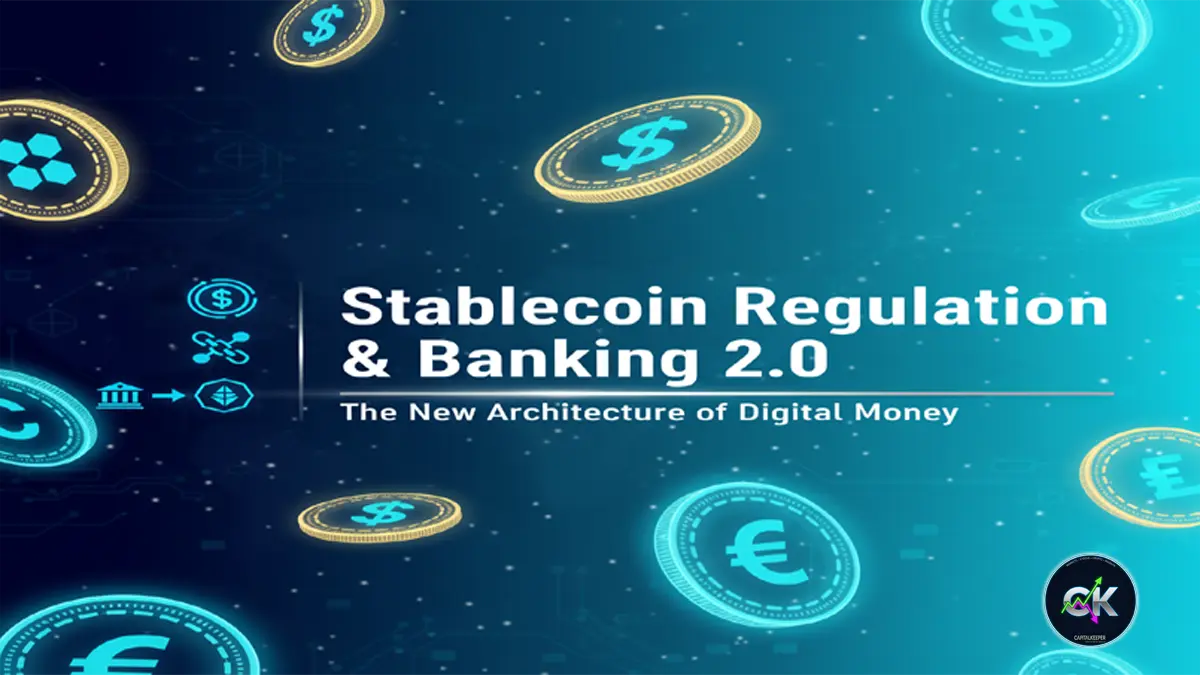
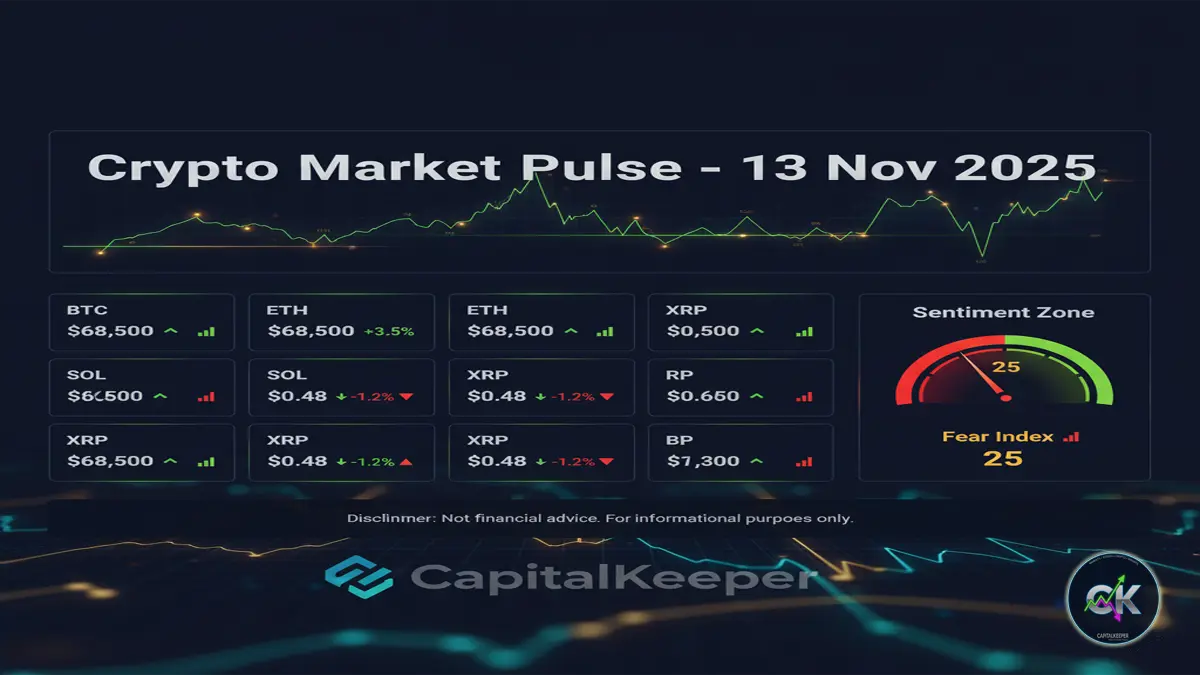
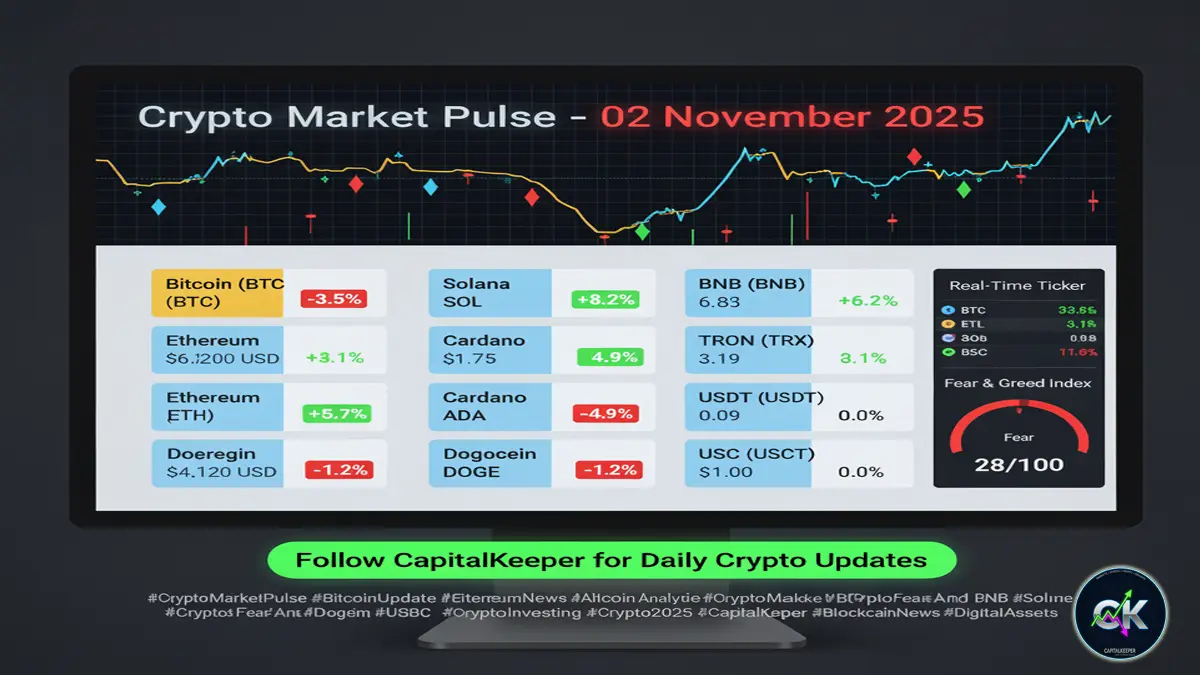
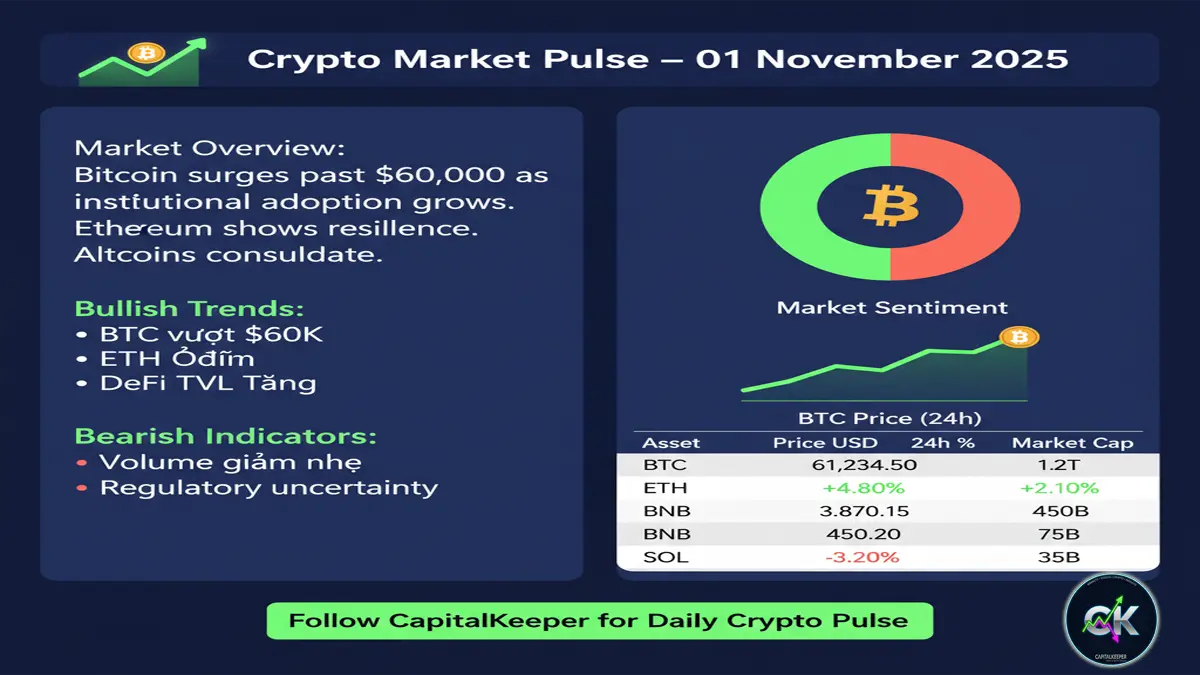
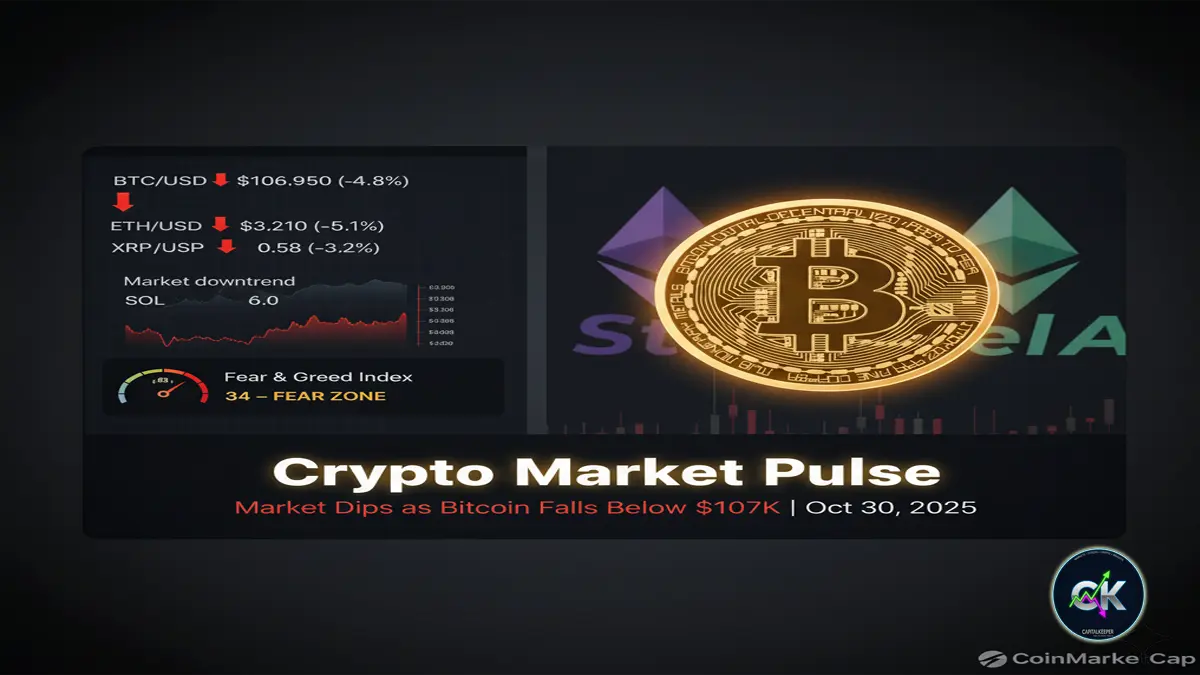
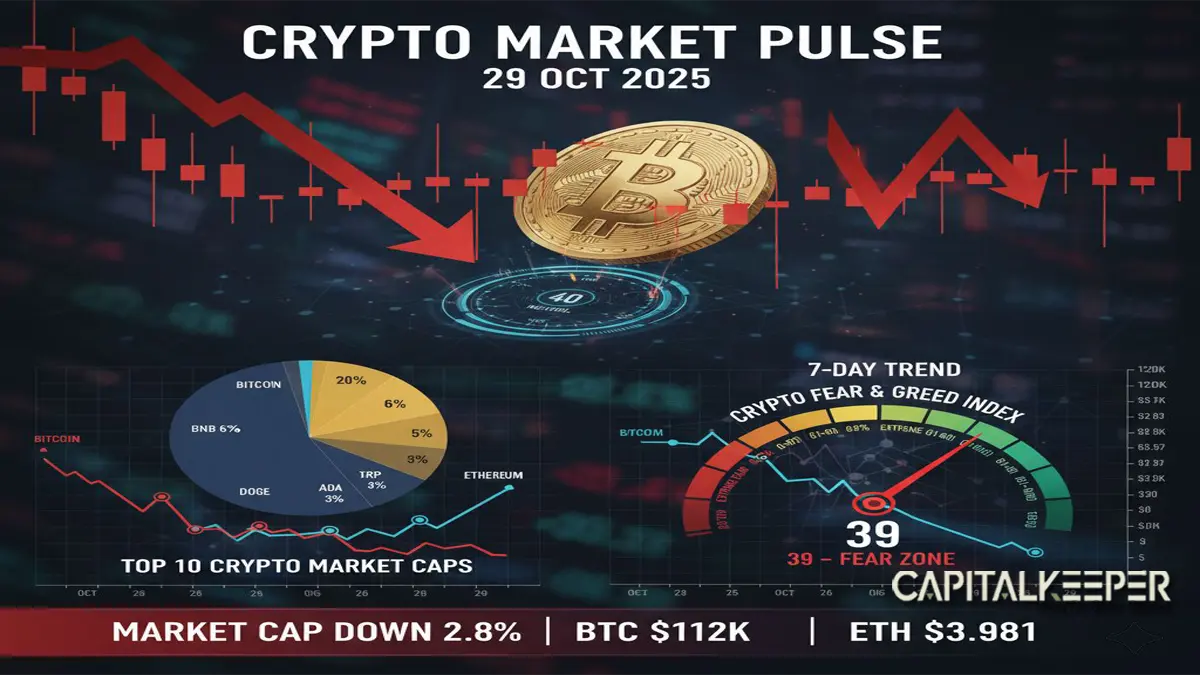
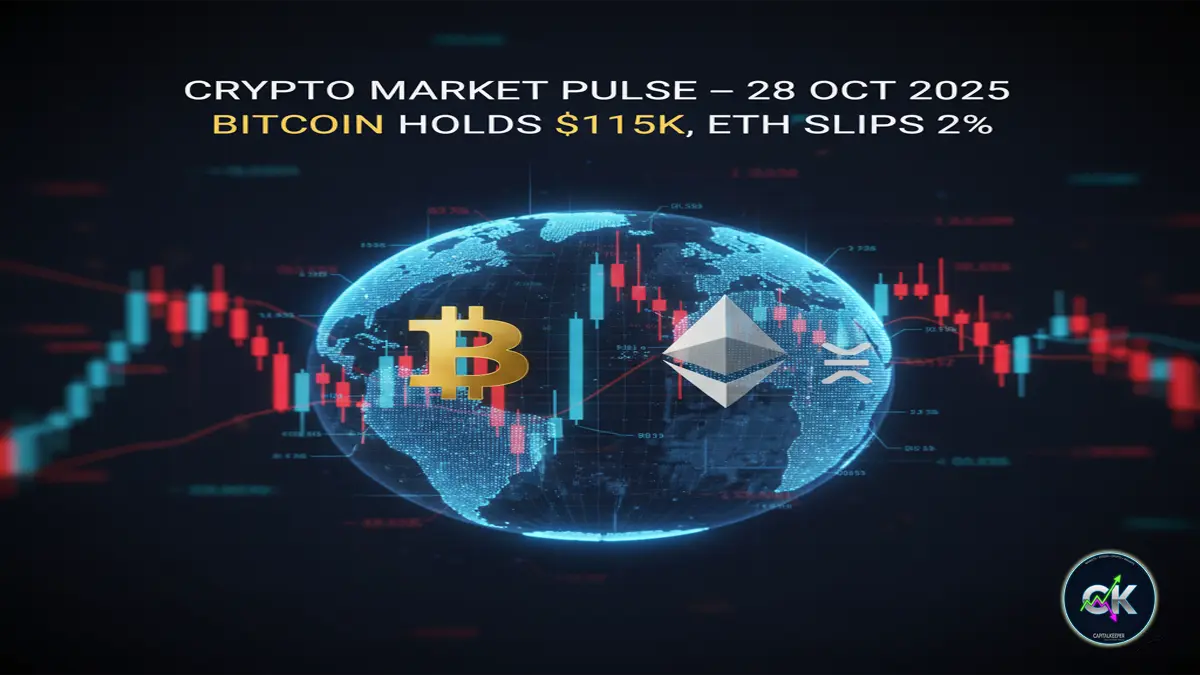
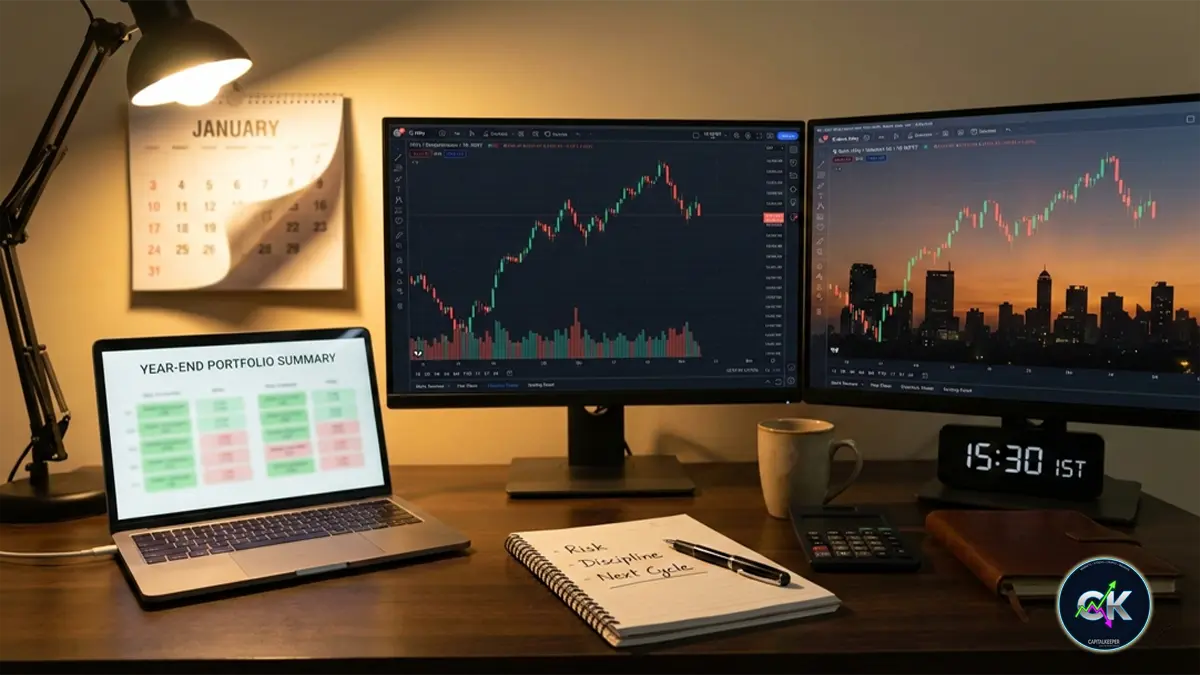
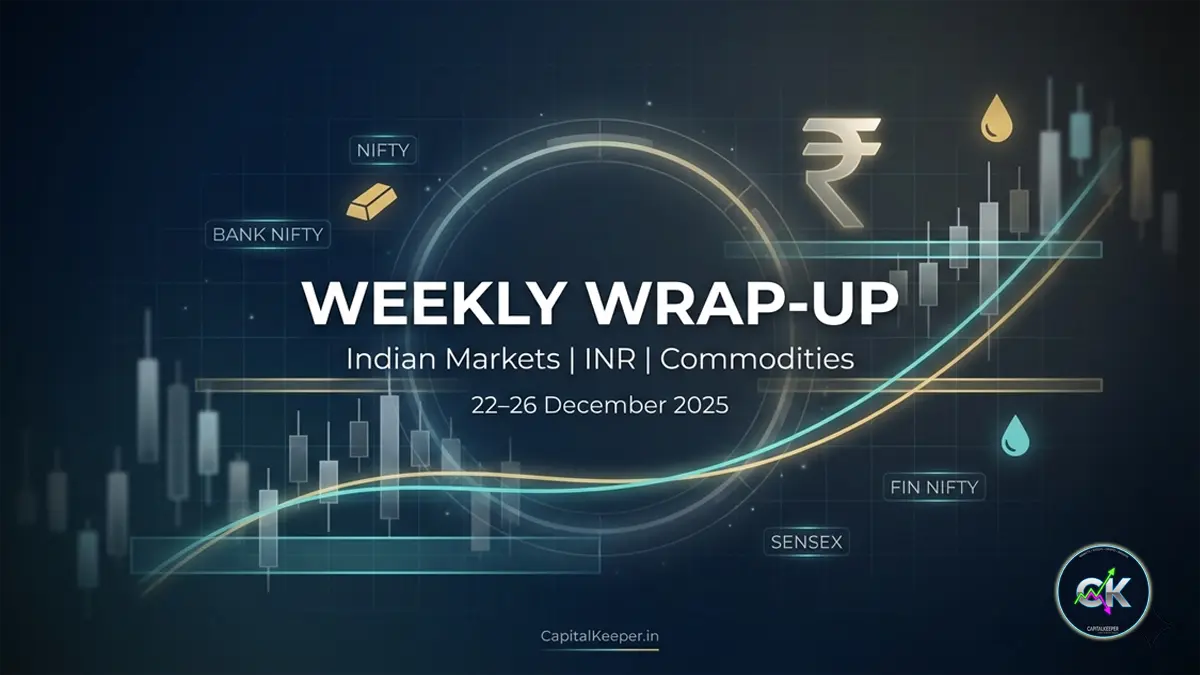
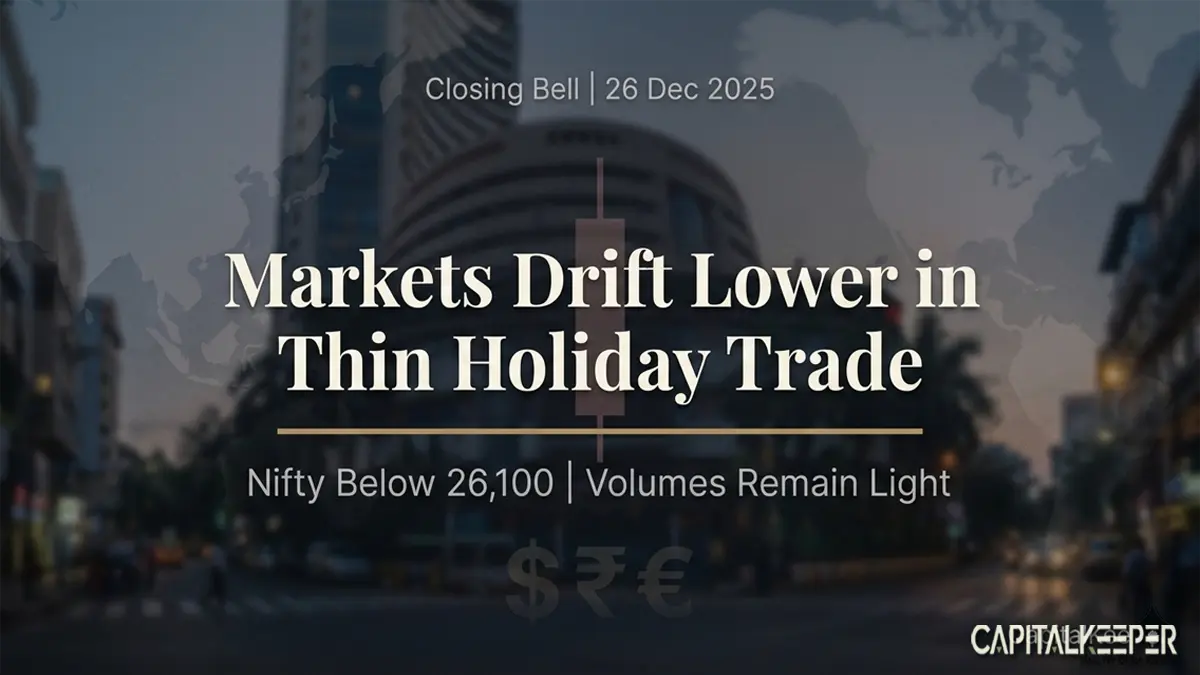

Leave a Reply